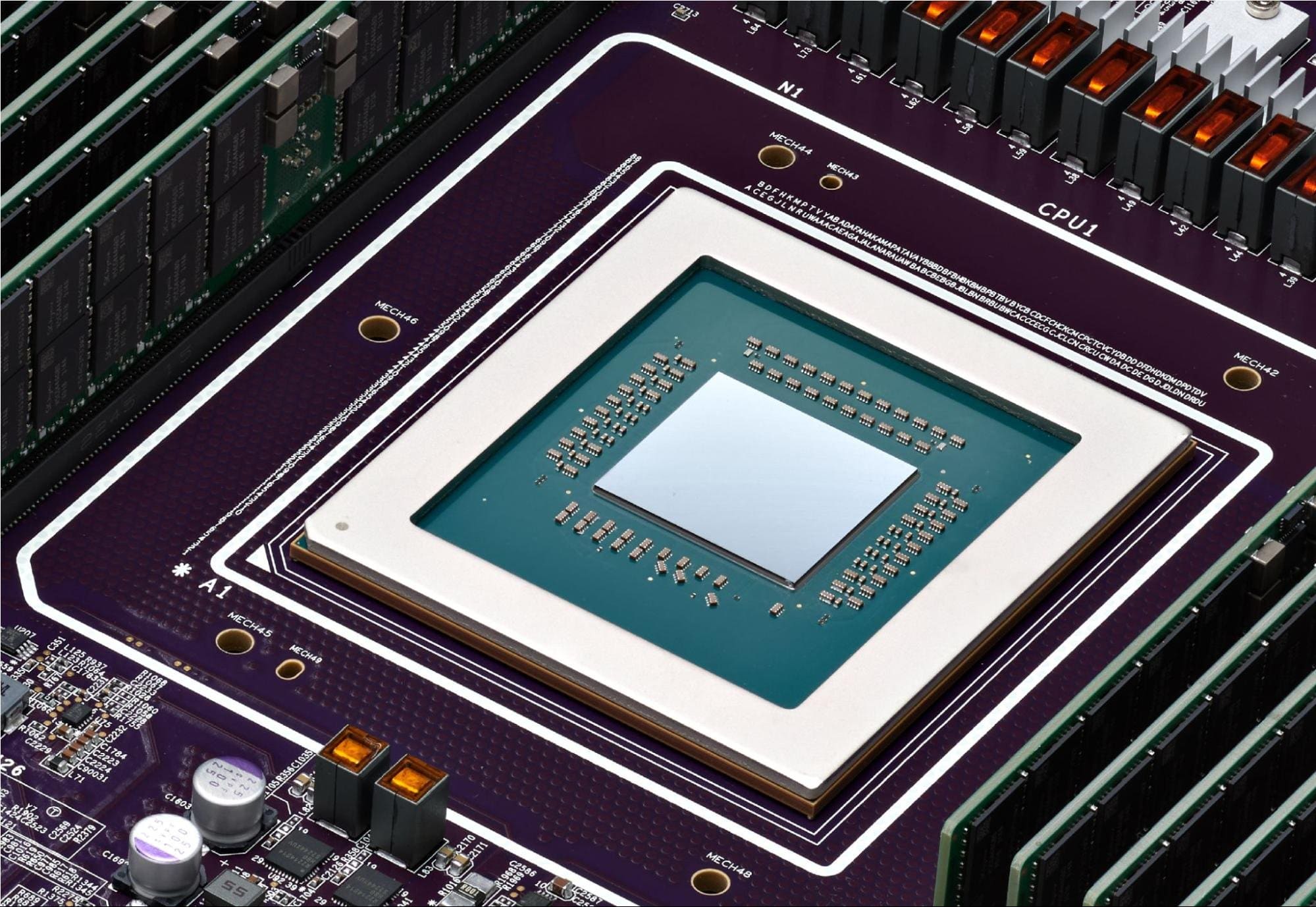The historical relationship between ARM Holdings Plc and Qualcomm Inc., two giants in the technology industry, is in crisis. ARM has taken a drastic step by canceling the license that allowed Qualcomm to design chips based on its architecture, which could trigger a earthquake in the smartphone and personal computer markets.
The conflict, which originates from a legal dispute in 2022, threatens to affect key industries that depend on the technology of both companies. According to Bloomberg, ARM has issued a 60-day cancellation notice for its agreement with Qualcomm, putting in jeopardy the manufacturing of processors that Qualcomm uses in most Android devices.
The dispute: Nuvia at the center of the conflict
The core of the dispute stems from Qualcomm’s acquisition of Nuvia in 2021, a startup that designed microprocessors based on ARM’s architecture. According to ARM, this purchase should have led to a renegotiation of the licensing terms, something that Qualcomm has not done. As a result, ARM demands the destruction of Nuvia’s designs predating the acquisition, arguing that they cannot be transferred without their consent.
Nuvia’s advancements are crucial to Qualcomm’s plans, as the company has integrated these innovations into its product line for personal computers and soon in its Snapdragon chips, used in high-end smartphones. In fact, Nuvia’s chips are essential for future devices that Qualcomm plans to launch alongside major manufacturers like HP and Microsoft.
The impact on the smartphone industry
The potential end of the license poses a monumental challenge for Qualcomm, whose business relies heavily on processors based on ARM’s technology. If an agreement is not reached, Qualcomm could be forced to halt the sale of products that represent a large part of its revenue, which amounted to around $39 billion in 2023. This would not only affect Qualcomm but also the entire smartphone industry, where its technology dominates the market.
The actions of both companies have already shown signs of concern from investors. Qualcomm experienced a 3% drop after the news broke, while ARM fell by 6.4%, reflecting fear of the consequences for both parties.
Ongoing litigation
The legal conflict is not new. In 2022, ARM sued Qualcomm for breach of contract and patent infringement. Disagreement over the acquisition of Nuvia and the lack of renegotiation of contract terms led to Nuvia’s licenses being rescinded in February 2023. ARM argues that designs created before the purchase cannot be transferred to Qualcomm without their express authorization.
With the license cancellation, ARM seeks to increase the pressure on Qualcomm before the trial scheduled for December 2024. Bloomberg Intelligence analysts, Tamlin Bason and Kunjan Sobhani, believe this move is an attempt by ARM to generate more revenue through a renegotiation that could involve higher royalty rates for Qualcomm.
Uncertain future
As the litigation continues, both ARM and Qualcomm face an uncertain outlook. ARM, under the leadership of its CEO Rene Haas, has adopted a stricter strategy regarding licensing and aims to derive greater benefits from its technology. Qualcomm, on the other hand, has intensified its efforts to develop its own designs and reduce its dependence on ARM’s technology, although it is not yet in a position to completely sever ties with the British company.
What is clear is that both companies, which in the past worked closely to drive the growth of the smartphone industry, are now on opposite sides of a dispute that could change the technological landscape. Meanwhile, the industry is cautiously awaiting the outcome of this confrontation, which could have significant consequences for mobile device manufacturers and other sectors dependent on this technology.
Not to forget that Qualcomm is also interested in buying Intel and acquiring the lucrative x86 and server business as a complement to its current product portfolio.
Conclusion
The breakdown of the alliance between ARM and Qualcomm marks a crucial moment for the future of mobile technology. What started as a contractual dispute could have far-reaching ramifications, affecting the entire supply chain of smartphones and computing devices. The resolution of this legal conflict will be decisive for the future of both companies and the technology industry in general.
References: MuyComputerPro and Yahoo.

